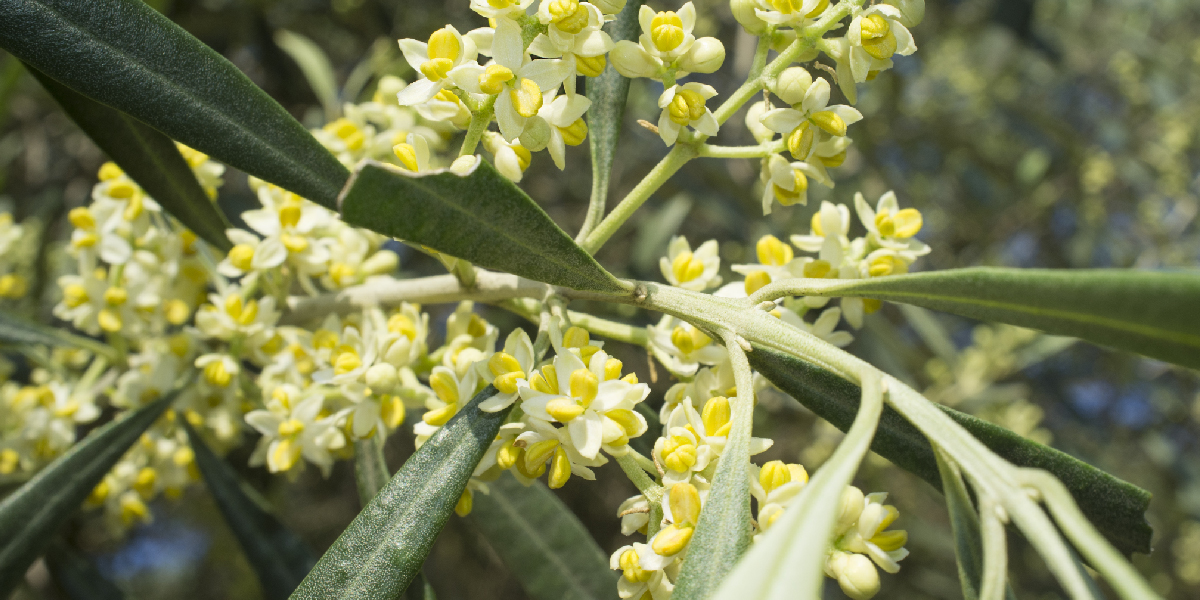Quality
“Improvement of the quality and production of olive oil and table olives “ the cooperative has foreseen a very articulated program of activities consisting of 4 actions and precisely:
Action 4A: Improvement of the cultivation, harvesting, delivery and storage conditions of the olives before processing, in accordance with the technical specifications established by the competent national authority;
In this project planning, aspects relating to olive cultivation are taken into consideration, in particular issues relating to the fight against the main pathogens of the olive tree are treated, with the exception of technical assistance in the fight against the olive fly, fertilization systems and harvesting techniques, conservation and transport of the olives.
Assistance is specifically aimed at:
increasing the professional skills of olive operators;
rationalising cultivation operations by proposing real savings in both economic and time terms, with particular reference to pruning;
reducing the emissions into the environment of synthetic chemicals, which are dangerous both for the agro-biocenosis of the olive grove and for human health;
rationalising fertilization techniques in order to reduce the accumulation of nitrates in the aquifers;
directing producers to adopt production regulations for PGI and PDO extra virgin olive oil;
introducing and disseminating correct methods of harvesting, transporting and storing olives in order to improve the quality of the oil produced;
encouraging the introduction of innovative technical means in olive growing;
creation of an information desk at the headquarters of the Organization.
Measure 4B: The varietal improvement of olive groves in individual farms, provided that these interventions contribute to the achievement of the objectives of the activity program.
The measure foresees the implementation of a demonstration test consisting in the planting of new olive groves for demonstration purposes, with Italian varieties and a planting density between 300 and 600 plants per hectare.

Action 4C: Improvement of storage conditions and enhancement of residues from the production of olive oil and table olives;
Through the implementation of the procedure, the pruning residues are optimised through an appropriate reintegration in the ground, transforming a potentially polluting product into an important source of organic matter for the soil.
The legislation on cross compliance prevents the burning of residues which therefore must necessarily be removed from the ground and treated as waste. These residues, on the other hand, if properly treated, can become a resource for the olive grower as they represent an important source of organic matter which, if properly integrated with fertilization, can increase the levels of organic matter in the soil, creating a favourable environment for the development of the root system of the olive tree.
An agricultural tractor is used for the implementation of the measures with a shredder, in order to carry out the operations of shredding and burying the pruning residues.
Action 4D: Technical assistance to the olive oil processing industry regarding aspects relating to product quality;
The technical assistance service is aimed at oil mills in order to allow the adoption of organizational models and transformation techniques that ensure productions with high quality standards.
Multiple are the activities carried out by the technicians in order to pursue the planned objectives:
technical assistance during the milling phases for the resolution of specific problems that affect the quality of the oil;
scheduling of consignments to ensure the transformation of the product within 24 hours of collection;
chemical, physical and organoleptic analysis of oils in order to facilitate the management of the storage of bulk oils;
Action 4F: Formation of a panel of tasters for the organoleptic evaluation of virgin olive oil and table olives;
The measure is aimed at training expert technicians for the tasting of virgin oils and extra virgin olive oils and subsequent issuance of a certificate of physiological suitability, subject to the passing of the required selective tests.
The aim is to promote and disseminate knowledge of the chemical, organoleptic, health and food peculiarities of olive oil.
A course was held during the 2018/19 year, drawn up in accordance with the provisions of the MiPAAF Decree of 18 June 2014 and from att. XII of the EEC Regulation n. 2568/91 and subsequent amendments as authorized by the Region of Sicily, which was attended by 24 operators in the sector, of which 23 obtained the certificate for physiological fitness.



